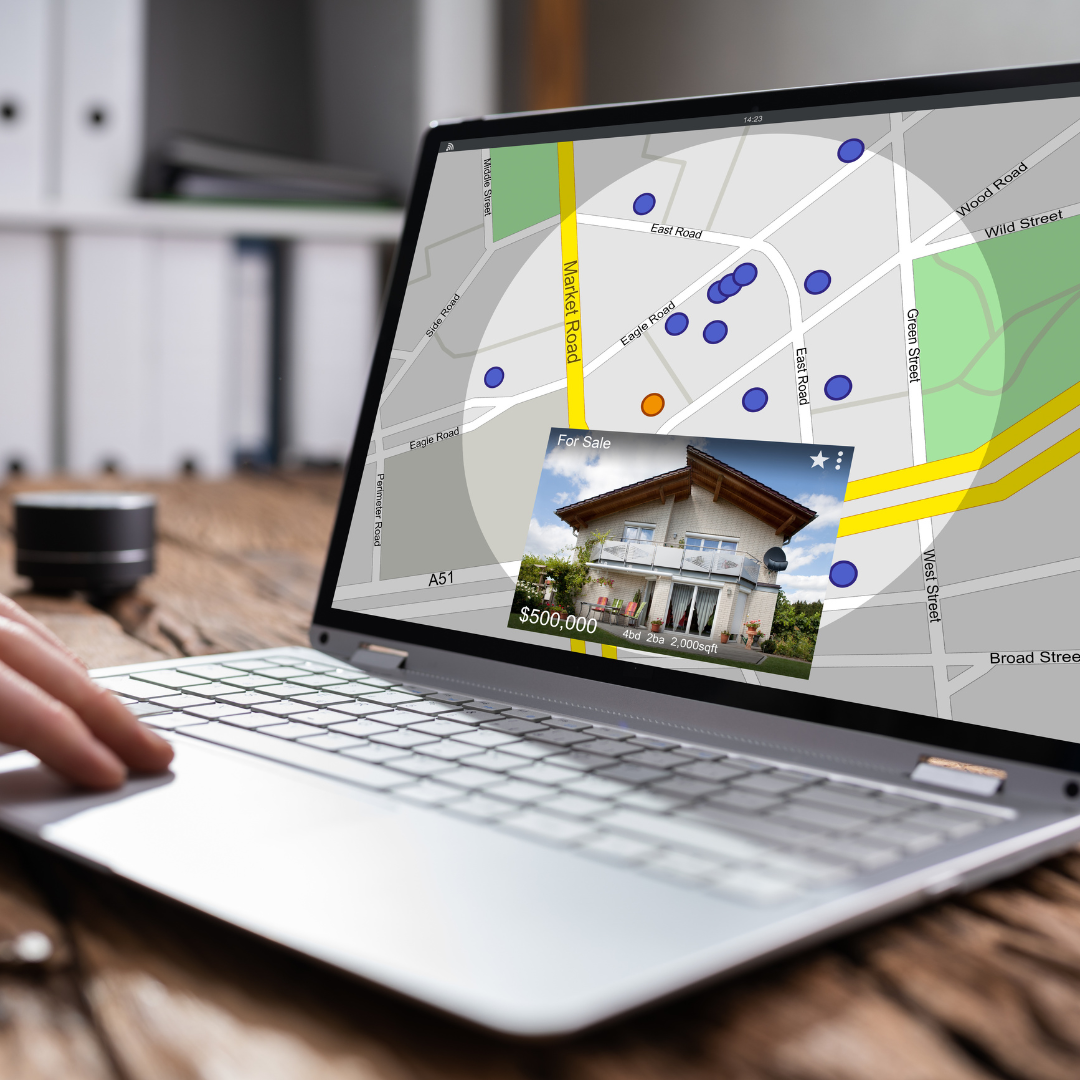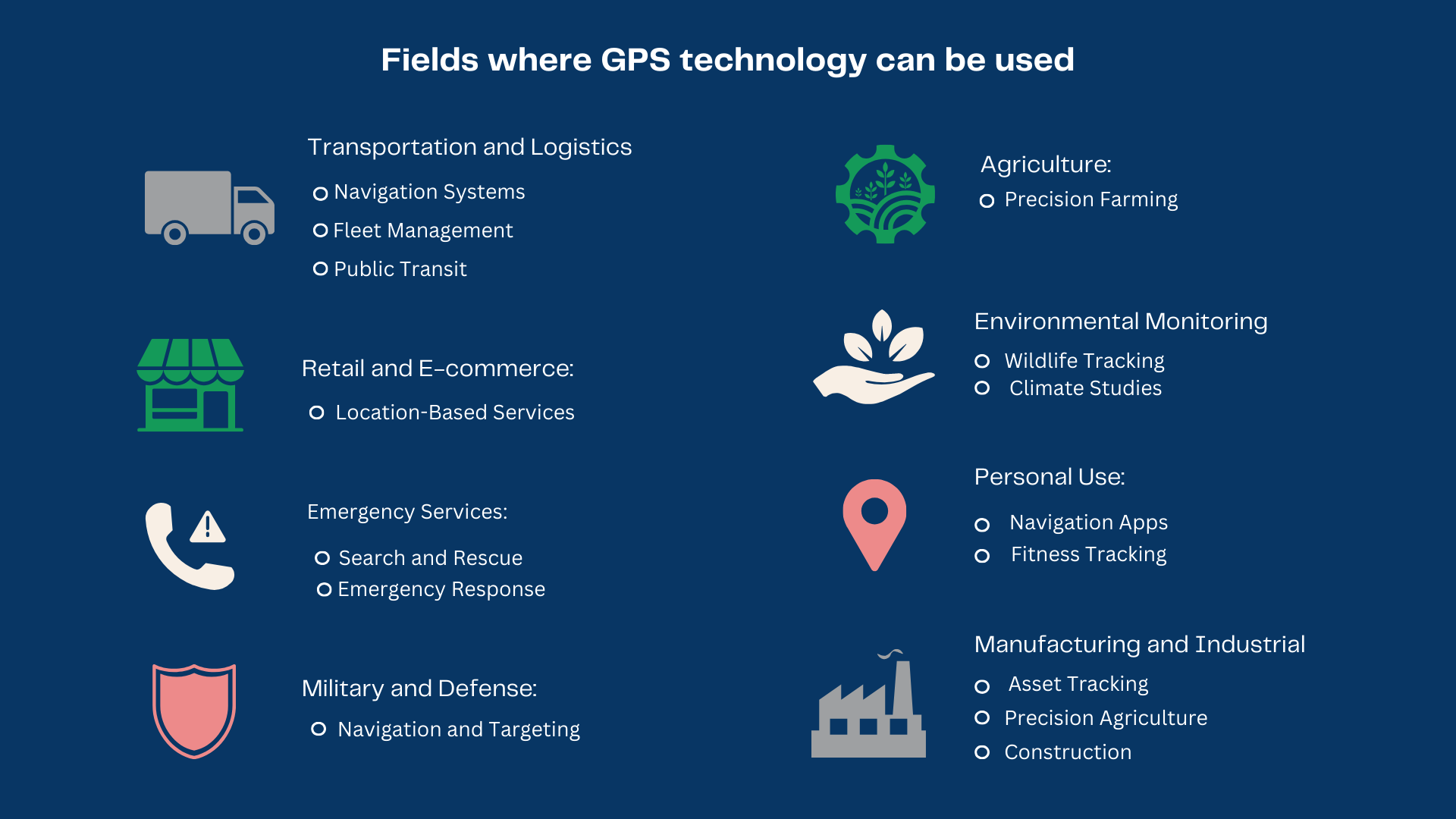Ensuring Data Security and Accuracy in Real-Time Navigation Systems

The role of navigation systems and their technological solutions is highly significant even beyond the limits of personal travel. GPS is more than the everyday use of maps to build a route in the city. GPS technology provides accurate and timely data necessary for safe and efficient movement, from personal travel to logistics and transportation. However, with the development of these systems, the importance of ensuring their accuracy and data security also increases. In this article, we will look at how GPS systems work, the factors affecting their accuracy, the importance of real-time data protection and the methods used to ensure it.
The Global Positioning System (GPS) operates through a network of satellites that transmit signals to Earth. This GPS signal frequency is received by device, which calculate their location based on the time it takes for the signal to reach them. The precise timing of the transmission and reception of signals allows devices to determine their location with high accuracy using triangulation. When it comes to improving navigation technologies, the question arises: “What do more accurate GPS units do?” These devices provide enhanced location accuracy using advanced signal processing algorithms and correction systems. The importance of GPS in various industries varies, from critically needed to additional. The following infographic demonstrates where the Global Positioning System can be used.

One of the main factors impacting GPS accuracy is signal blocking. Tall buildings, dense forests, and other physical obstacles can make it difficult for satellite signals to be transmitted to the device, resulting in reduced location accuracy.
Atmospheric conditions such as ionospheric and tropospheric delays can also influence GPS accuracy. These phenomena change the speed of propagation of radio waves, which, in turn, affects the accuracy of calculations.
Other factors that can impair GPS precision include multipath, when signals bounce off surfaces, creating false readings, and errors in timing on satellites and receivers. Furthermore, а common question among users is, “How accurate is GPS speed?” especially when it comes to applications in navigation and tracking.
GPS position accuracy is critical in various fields such as transportation and logistics, emergency services, and personal safety. Incorrect data can lead to navigation errors, increased travel time, fuel costs, and even accidents. In the field of trade, accurate GPS tracking helps optimize routes, increasing delivery efficiency and reducing costs.
In real-world conditions, data security in navigation systems is no less essential than their accuracy. Vulnerabilities in systems can lead to data interception, manipulation, and even cyberattacks. As a result, both individual users and entire organizations may be impacted. Data protection helps to prevent such threats by ensuring the security and trust of users.
Common problems and vulnerabilities in real-time navigation systems
One of the main vulnerabilities is the possibility of spoofing GPS signals, when attackers transmit false signals, misleading devices. There is also a threat of interception of data transmitted over networks, which can lead to the leakage of confidential information. Equally essential is the issue of the security of the software used for navigation, which may contain vulnerabilities exploited by hackers.
Various methods are used to ensure the safety and accuracy of data in real navigation systems. One of them is the encryption of data transmitted over the network, which makes it difficult for intruders to intercept and use it. Device authentication allows you to verify that the data is coming from reliable sources. Regular software updates and the use of antivirus programs help protect systems from known vulnerabilities.
Another significant aspect is to improve GPS accuracy by using additional systems such as differential GPS (DGPS), which corrects errors in signals transmitted by ground stations.
Logistics companies use comprehensive solutions for tracking their vehicles, including data encryption and multi-level authentication. This minimizes the risks of data interception and improves the accuracy of cargo tracking. For example, DHL has successfully integrated GPS systems with secure data networks, which has significantly reduced cases of cargo loss and theft. In addition, this system has improved route planning and prompt response to any deviations from the plan.
Another example is the project on the implementation of security systems in the navigation systems of emergency services. This project used multi-layer data protection methods, including encryption and device authentication, which ensured the reliability and accuracy of information transmitted to dispatchers and rescue teams.
In the automotive industry, companies such as Tesla are applying advanced safety measures to their autonomous vehicles. These measures include regular software updates and the use of AI algorithms to detect and prevent threats, which helps ensure the safety and reliability of navigation systems in their vehicles.
These examples demonstrate the importance and effectiveness of an integrated approach to ensuring the safety and accuracy of data in navigation systems. The question “how accurate is GPS?” becomes especially important when it comes to applications in different fields of activity
Ensuring the accuracy and security of data in real navigation systems is an ongoing process that requires constant attention and technology updates. Due to the emergence of new threats and improved technologies, it is important to stay one step ahead by implementing advanced protection methods and increasing accuracy.
At PNN Soft, we offer solutions that help ensure the safety and accuracy of data in navigation systems. Our developments include advanced encryption, authentication and improved GPS accuracy, which allows our customers to use navigation systems with confidence in their reliability and security.